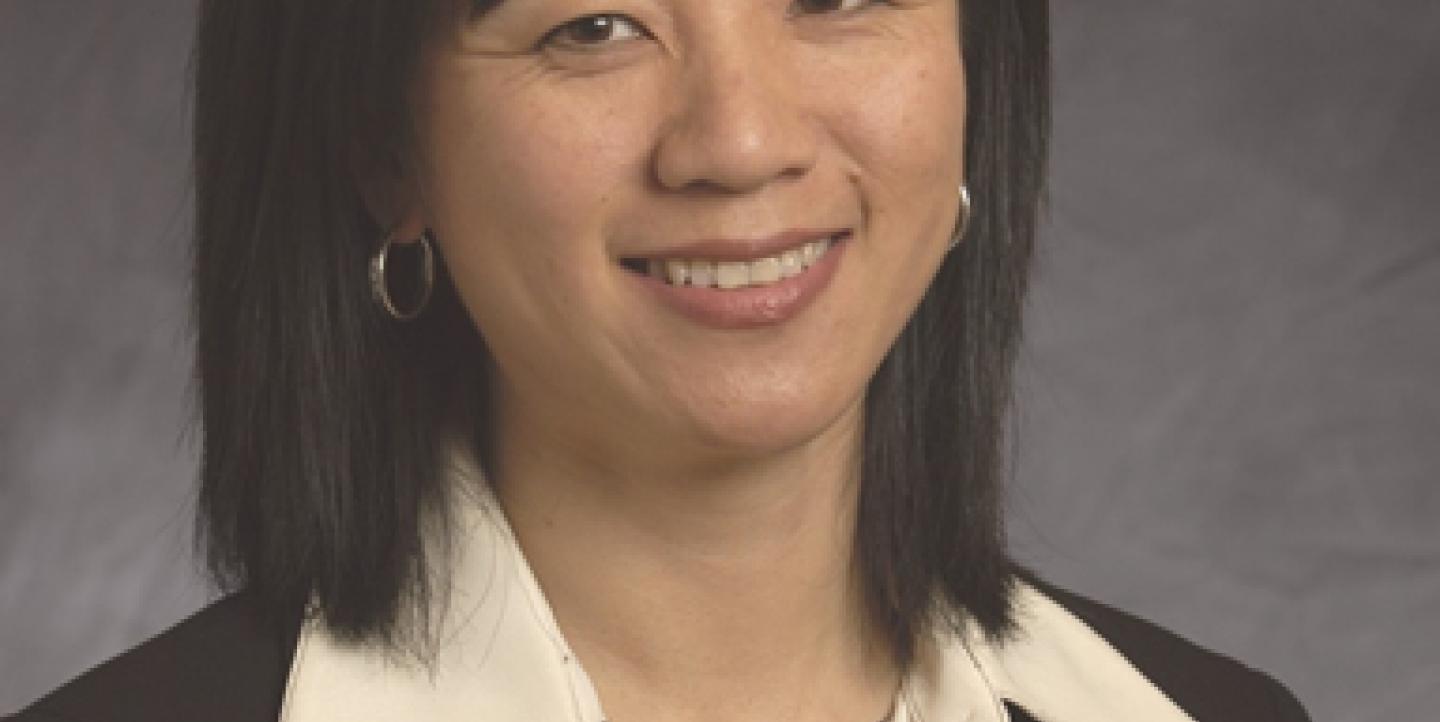Journalists and public relations people often develop a love-hate relationship.
Veteran journalist and PR executive Dottie Li knows both sides of the story. A member of the Asian American Journalists Association, Li worked with the China Trade News in her native China and later as a C-SPAN producer for years. She also worked at the White House with President Bill Clinton. For over a decade, Li has been part of the PR world, and she is now managing director of TransPacific Communications.
Here's what Li told us about creating a constructive relationship with PR.
Journalists compete for exclusives, how can PR people help?
DL: There should be negotiation. PR people usually negotiate with the desired media outlet before a pitch — I am going to pick you versus other three or four outlets, but you have to give me this and that.
If you happen to work with a reputable outlet, then it gives you an added advantage for PR agents to pick you. In addition, having a competent ground team to support you is essential. For example, a great interview by Matt Lauer on 'The Today Show' is the result of the phone calls and all other negotiation efforts put forth by the producer and the team behind the scenes, in addition to the interview itself.
What should journalists do if PR gets in their way of finding out the truth?
DL: When a client does not necessarily want everything out, PR will certainly do whatever they can to protect the client’s interest, just like corporate lawyers.
You cannot tell PR agents to get out of your way; you have to be creative if you want to find out more information. It is a difficult situation [for journalists] to get around. But these days, you have all these electronic technologies that make it possible—you might want to use an alternative e-mail account to reach out to people who are willing to talk.
What's your advice for international journalists on working with PR from or representing China?
DL: Linguistic and cultural barriers both exist between American journalists and PR agents from or in China. A press release written in English by a Chinese PR agent may be correct grammatically, but might contain extra information not explicitly expressed by the text. Cultural norms also vary from one country to another, which may lead to miscommunication between Western journalists and Chinese PR agents.
Smart journalists know they can’t force others to change what they are used to and will consult those with cross-cultural fluency to help read between the lines and decipher cultural myths. Don’t get easily offended if others don’t do business according to the 'norm' you are used to.
Follow Dottie Li on Twitter.
Silver Siwei Wang contributed to the story.
Photo: Dottie Li

